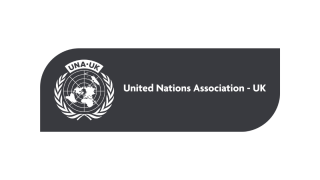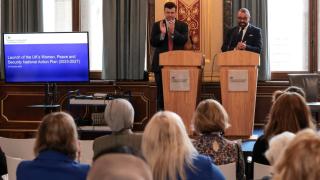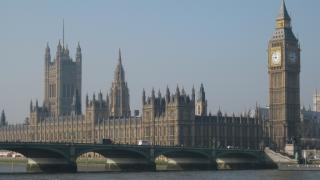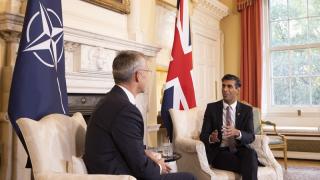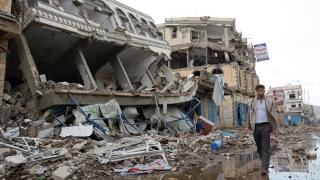
The Saudi-led coalition taking military action against the Houthi rebels in Yemen has been repeatedly accused by the UN of violating international humanitarian law.
Last year, the UN said that the coalition was most likely responsible for 60 per cent of recorded child deaths and injuries, and nearly half the attacks on schools and hospitals. In 2016, the coalition was due to be listed in the annual report on children and armed conflict for the killing and maiming of children - the listing was reportedly removed following pressure from Saudi Arabia and its allies, including threats to withdraw crucial funding from the UN Relief & Works Agency for Palestine Refugees in the Near East.
To date, over 3,000 civilians are estimated to have died, with nearly 10,000 casualties overall. The UN High Commissioner for Human Rights has said:
Looking at the figures, it would seem that the coalition is responsible for twice as many civilian casualties as all other forces put together, virtually all as a result of airstrikes.
On 15 August, airstrikes were reported to have killed 19 people at a Medecins sans Frontieres hospital in Hajjah - the fourth such strike in a year, leading to the withdrawal of the organisation from parts of Yemen,
The UK, which championed the Arms Trade Treaty (ATT) - an international agreement regulating the transfer of arms - is now the world's second largest arms dealer, with two-thirds of UK weapons reportedly sold to Middle Eastern countries since 2010. Official figures reported by the Independent this year show that sales of British bombs and missiles to Saudi Arabia increased 100 times in the three-month period since the start of the coalition attacks. The Campaign Against the Arms Trade estimates that the UK has licensed an additional £7.7 million of weapons to the country per day.
Earlier this year the UK Government said that it had assessed that Saudi Arabia's actions in Yemen did not violate international humanitarian law, and that its arms sales did not breach its ATT obligations. The Treaty does not permit transfers where there is a risk that weapons could be used to commit such violations. It subsequently retracted that statement, saying that it could not verify such a claim. Minister Tobias Ellwood said it was not the role of the UK to assess whether another sovereign state had violated international humanitarian law, but that the UK would "take an overall view of the approach and attitude by Saudi Arabia to international humanitarian law".
Given the shocking reports by the UN and international NGOs, and the fact that Saudi Arabia has not ratified treaties banning cluster munitions and landmines, UNA-UK urges the parliamentary Committees on Arms Expert Controls to support the suspension of sales, and for the UK to take immediate action.
While the strategic importance of the relationship with Saudi Arabia is clear, the UK's international standing - not to mention thousands of civlian lives - are at risk.
Photo: The city of Sa'ada in the Sa'ada Governorate has been heavily hit by airstrikes in the first four months of the escalation of conflict in Yemen, 15 August 2015. Credit: OCHA / Philippe Kropf

